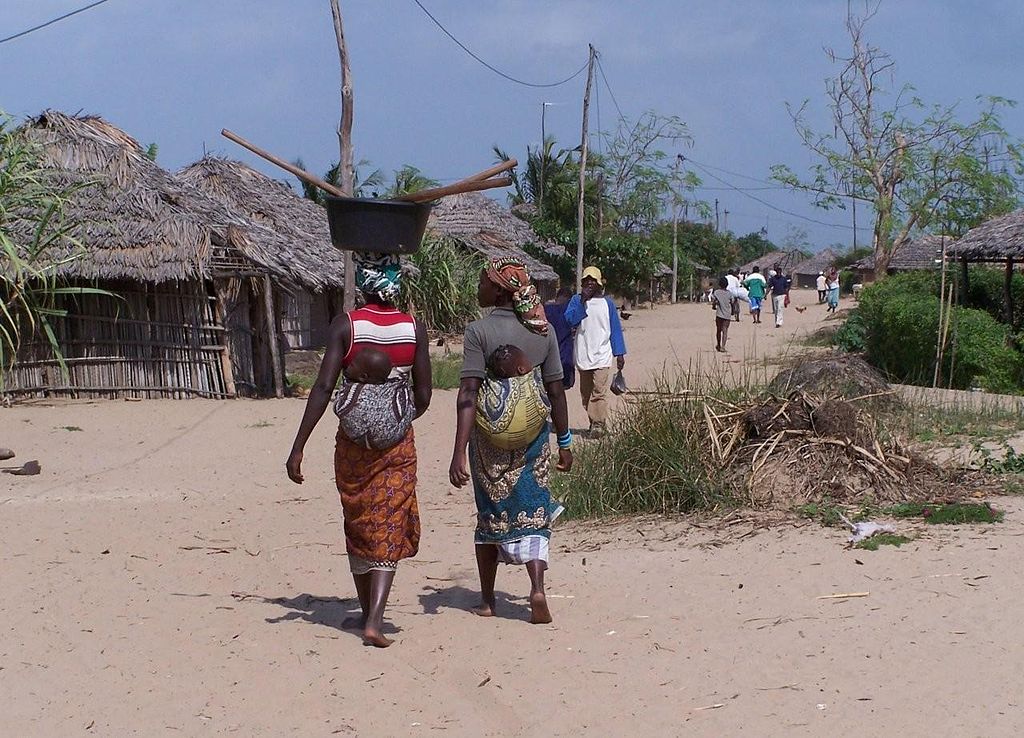
A new book represents a feminist critique of the green economy.
We are very excited about this volume, which is a collective and multi-faceted critique of the 'green economy'.
Ingrid Nelson
A Gates Cambridge alumna is launching a book which has been praised as an important feminist critique of the green economy next month.
Ingrid L. Nelson, who is an Assistant Professor in the Department of Geography and in the Environmental Studies Program at the University of Vermont, has co-edited the book Practising Feminist Political Ecologies: Moving Beyond the 'Green Economy' with Wendy Harcourt, associate professor at the International Institute of Social Studies at Erasmus University.
It features some of the up and coming feminist scholars and activists working within feminist political ecology, including Giovanna Di Chiro, Dianne Rocheleau, Catherine Walsh and Christa Wichterich, the latest analyses of the post-Rio+20 debates and a nuanced reading of the impact of the current ecological and economic crises on women and their communities and ecologies around the world.
Melissa Leach, Director of the Institute of Development Studies at the University of Sussex, describes it as a "wonderful book" which "brings vital counter-visions and practices to today’s debates about the green economy and sustainable development". She says: "This should be required reading for all concerned with the troubling future of humanity on our planet."
Arturo Escobar, Kenan Distinguished Professor of Anthropology at the University of North Carolina at Chapel Hill, says: 'This outstanding volume… llustrates like no other book I know the unprecedented coalitions being pioneered by women in regions across the world."
The book was initially launched at the Geographic Perspectives on Women specialty group book event of the Association of American Geographers annual meeting this year in Chicago, but will be launched in the UK in September at a STEPS conference titled Resource Politics: Transforming Pathways to Sustainability, at the University of Sussex's Institute of Development Studies in Brighton.
Ingrid [2005], who did an MPhil in Geographical Research at the University of Cambridge, said: "We are very excited about this volume, which is a collective and multi-faceted critique of the 'green economy'."
Her chapter in the book is on her research in Mozambique. This examines masculinities, class and gender dynamics in forest conservation; afforestation ‘land grabs’; and illegal timber trade contexts. She is currently preparing other writing focused on the practices and rumours that make forest landscapes in Mozambique. Beyond academia, she contributed to the Women’s Major Group submission for the ‘zero draft’ document, leading up to Rio+20.
She has also begun a new research project, Campus Green and Gold: Techno-politics and the Greening of Higher Education Campus Spaces, which ties theories of techno-politics in international development to the political ecologies of universities and colleges navigating the proliferation of sustainability rating systems.
*Picture credit: By Kevin Gabbert – (WT-shared) Kevin James at wts wikivoyage (Own work) [Public domain], via Wikimedia Commons.












